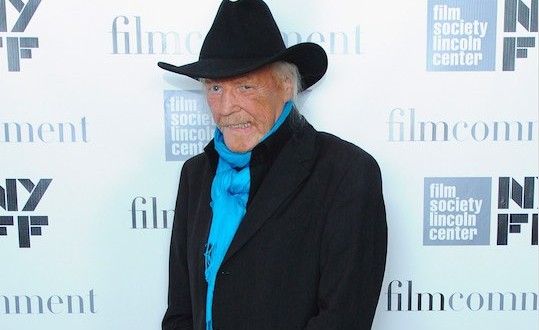Edgar Froese, who was the only constant member of Tangerine Dream throughout their 48-year history, has died. He was 70.
The multi-instrumentalist created a psychedelic, free-flowing sound in the early 1970s, which is credited with paving the way for trance music to develop in future decades, particularly in Germany.
The same era produced a separate school of electronica in Dusseldorf, where Kraftwerk experimented with a tight, robotic sound.
His son Jerome Froese, who later joined him in the band, released a statement yesterday saying his father had passed away while in Vienna, Austria, on Friday.
A statement from the band posted online said: “Edgar once said, ‘there is no death, there is just a change of our cosmic address.’ Edgar, this is a little comfort to us.”
The prolific musician was born in Tilsit, East Prussia, which is now the Russian city of Sovetsk, on June 6, 1944, the same day as the D-Day invasion of Normandy during the Second World War.
His father and several other relatives were killed by the Nazis, and his family lost all their belongings during the war.
After growing up in West Berlin with his mother, he studied art and formed Tangerine Dream with fellow students in 1967.
A visit to the Spanish villa of surrealist artist Salvador Dali is said to have convinced Froese to take his music in a similarly surreal direction.
The band’s big break came when it’s ambient, futuristic sound was championed by BBC radio presenter John Peel.
Soon after this, the group was signed to Virgin Records after Froese played “several bouts of chess on Richard Branson’s houseboat on the Thames”.
The resultant album, Phaedra, in 1974 was considered a key work in the early electronic genre, with its sequencer-driven sound.
The album reached No 15 in the UK charts, although it only sold a few thousand copies in Germany.
The band went on to release more than 100 albums and wrote the music for numerous films, including Tom Cruise’s breakthrough hit Risky Business in 1983.
Agencies/Canadajournal
 Canada Journal – News of the World Articles and videos to bring you the biggest Canadian news stories from across the country every day
Canada Journal – News of the World Articles and videos to bring you the biggest Canadian news stories from across the country every day



